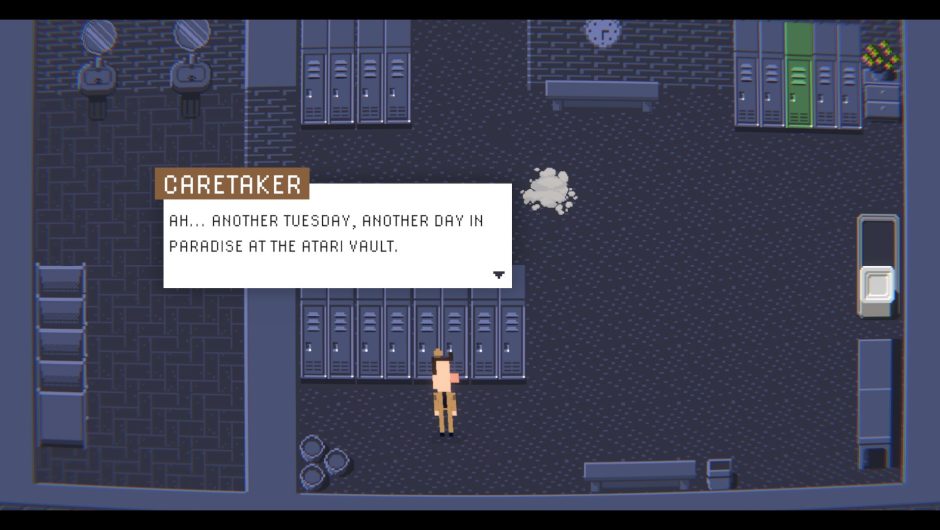In the UK, wage growth is increasingly slowing from rising inflation, with real wages falling 1.2% in December 2021. Less than a year earlier, the ONS statistics office said on Tuesday.
According to the Office for National Statistics, from October to December 2021, wages, excluding bonuses, were 3.7 percent. higher than in the corresponding period of 2020, a similar increase compared to the previous decade. But with inflation currently at its highest level in nearly 30 years, real wages are falling. In the fourth quarter of last year, they fell 0.8 percent. Less than in the fourth quarter of 2020, and in December 2021 – by 1.2%. less than december 2020
This is the second consecutive month that the Office for National Statistics has recorded a decline in real wages, as the difference between wage growth and the rate of inflation is now larger than in previous data.
UK annual inflation rose to 5.4% in December 2021, and the Bank of England expects it to reach 7.25% this spring. It also expects real incomes in Great Britain to decline in 2022 by 2%, the largest decline since 1990.
But as the Office for National Statistics points out, employers are beginning to respond to this situation with larger wage increases. Preliminary data for January of this year shows wages without bonuses were 6.3 percent higher in nominal terms. Compared to January 2021, which is likely to be higher than inflation; Inflation rate data for January 2022 will be released on Wednesday.
The Office for National Statistics also reported that in the October-December 2021 period, the unemployment rate was 4.1%, the same as in the September-November period.
The problem with the British economy remains a large number of vacancies – in the period from November 2021 to January 2022, there were 1.3 million, which is another historical record. Compared to the past three months before the pandemic, the number of job vacancies increased by 513,000.
From London Bartłomiej Niedziński (PAP)
bjn / ab/






